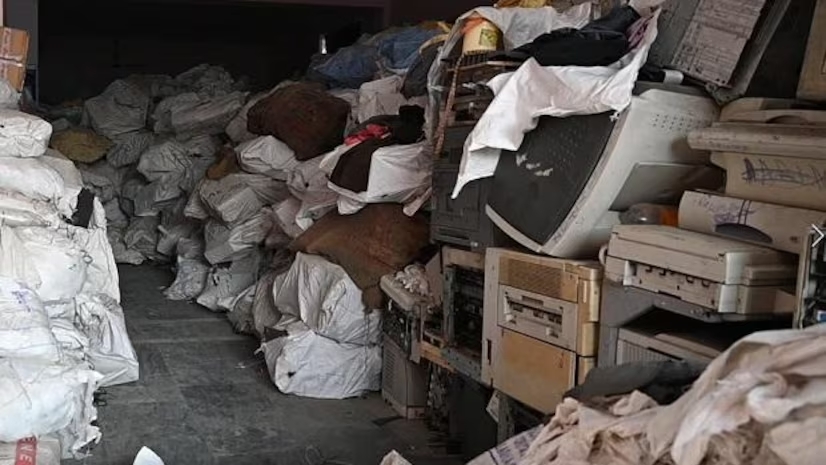The Centre is planning to establish an online platform to allow the exchange of EPR certificates. (EPR). This is an attempt at simplifying the process of disposal of electronic waste. CPCB’s (CPCB) brand new system is set to transform the EPR certification industry, enhancing both efficiency and transparency. The initiative aims to streamline processes and help facilitate more compliance with the guidelines.
According to an Ministry of Environment, Forest and Climate Change announcement that the functioning on the platform is conducted and regulated in accordance with the guidelines developed by the Central Government on the basis of the recommendations of the CPCB.
EPR can be described as an EPR policy that imposes the responsibility for an item’s longevity not just on consumers or the government. The companies that create products are accountable physically or financially for the recycling and collection of their products once they’ve been utilized. EPR encourages companies to develop products that are simple to reuse and recycle that will decrease the amount of waste and pollution that is generated over time.
Companies can meet this obligation by either removing the waste they generate and reprocessing it or purchasing EPR certifications from companies that have surpassed their goal of collecting.
The CPCB sets guidelines to operate the platform, and also sets an amount that apply to EPR certificates. The range of prices will be 30-100 percent of amount for environmental compensation for non-compliance in accordance with EPR obligations. This allows businesses to be flexible, while helping to manage the proper disposal of electronic waste.
The MoEFCC issued a note published on March 8, the following “the CPCB will fix the highest price and the lowest price for the exchange of extended producers responsibility certificates, which shall be equivalent to 100 per cent and 30 per cent respectively of the environmental compensation due for non-fulfillment of extended producer obligations.”
The government has enacted the first guidelines on EPR as part of the E-Waste (Management) Rules of 2020. This is in response to a growing pile of electronic waste generated by a technologically-driven population.
Since this time since the time of this report, since then, the Ministry has received 5,615 EPR applications and 4,865 of them have been approved for registration. Additionally, it received 285 applications from recyclers. Only 196 of them were granted. The MoEFCC says it has been approved by the Centre has achieved its recycling target of 1,05 billion tonnes of Waste Electrical and Electronic Equipment.
The establishment for this new platform can help increase the likelihood of achieving our recycling goals. This is the initial step towards creating an accountable and solid method to address this growing environmental issue, according to an MoEFCC representative.
In addition, the ministry clarified the meaning of “dismantlers”. In the announcement “dismantler”, refers to any person or organization who is responsible for disassembling electronic and electrical equipment, as well as their components, in accordance with the CPCB guidelines.
In exceptional circumstances the government may extend deadlines up to nine months for electronic producers, manufacturers and refurbishers to submit reports.

